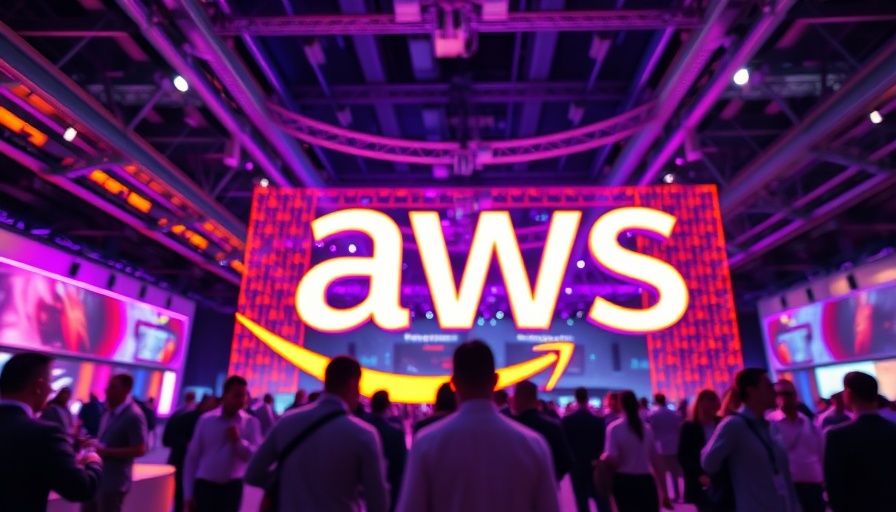
Understanding Microsoft's Market Advantage Over Google
In the evolving landscape of technology, the stark contrast in market capitalization between Microsoft and Google—$3.4 trillion versus $2.1 trillion—beckons a closer examination. Why is Microsoft valued significantly higher? The disparity isn’t merely numeric; it reflects strategic decisions and adaptations in an industry increasingly defined by artificial intelligence (AI).
The Role of AI in Business Growth
Microsoft's aggressive investment in AI technologies has profoundly altered its business trajectory, giving it a competitive edge. With platforms like Azure integrating AI capabilities into various products, Microsoft positions itself as a leader in AI applications for businesses. In contrast, while Google is renowned for its search engine and advertising revenue, its applications of AI appear more fragmented. A strategic reevaluation could provide Google with a road map to leverage AI technology more effectively.
Strategies Influencing Market Cap
Microsoft's diverse product portfolio—spanning software, cloud computing, and gaming—offers multiple revenue streams, crucial in uncertain economic times. This multifaceted approach is complemented by a commitment to ethical AI development, fostering trust among consumers and businesses alike. Industry peers have recognized these factors, underscoring Microsoft's status as a tech giant.
The Future of AI and Its Impact on Valuation
As AI continues to evolve, companies that harness its transformative power will likely find themselves at an advantage in market valuation. Analysts are watching closely for AI breakthroughs and how they shape corporate strategies. Both Microsoft and Google are investing in AI innovations, but the future may hinge on which organization can effectively translate technological potential into consumer trust and market reliability.
Impacts of Machine Learning and Deep Learning Technologies
Machine learning and deep learning are integral to this financial split, impacting operational efficiency and competitiveness. While both companies are investing in these technologies, Microsoft seems to have a clearer vision for integrating them into its existing operations. Examples like Microsoft Teams, which utilizes AI for enhanced collaboration, highlight how AI technologies can optimize user experience and drive engagement.
Conclusion: What’s Next for AI Investments?
In conclusion, Microsoft’s substantial lead in market cap compared to Google can be attributed to its strategic focus on AI and diversified revenue streams. As AI technology becomes increasingly pivotal in driving business innovation, companies must assess their strategies to remain competitive. For tech enthusiasts, understanding these dynamics will be crucial as they anticipate the future of both AI and market trends.
 Add Row
Add Row  Add
Add 




 Add Row
Add Row  Add
Add 



Write A Comment